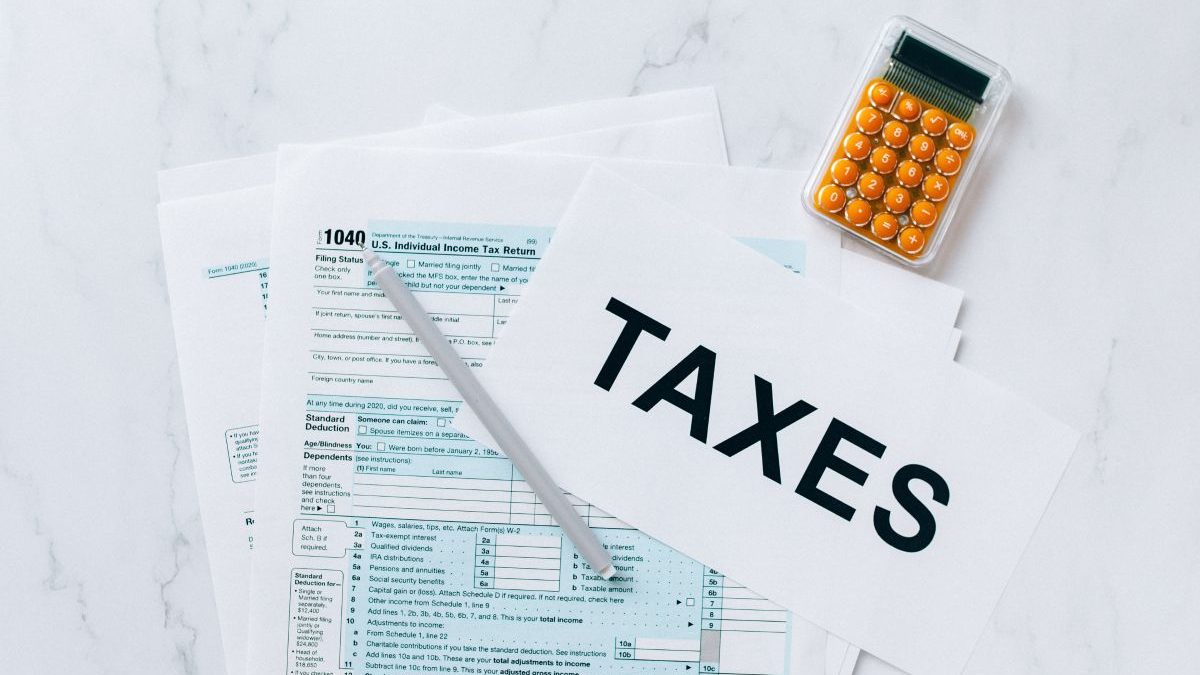IS YOUR BUSINESS LOAN TAX DEDUCTIBLE – Whether you already have a business loan or are thinking about taking out one to finance your business, you should be aware of the consequences it can have on your taxes. And we have great news! A business loan, regardless of the amount or purpose, is not considered income or earnings when filing your taxes, and therefore, it will not affect the amount you owe the IRS.
And things get better. You can even reduce the part of your taxable income (and therefore what you owe in taxes) by deducting the amount you pay in interest.
Undoubtedly, paying fewer taxes and earning more profits is good news for every business owner and an opportunity you should take advantage of.
Remember that there is one exception: when the creditor writes off debt because the business cannot pay the loan. In that case, the amount of debt is considered taxable income, and creditors report the cancellation of an obligation on Form 1099-C as income and, therefore, may be taxable.
Read on to find out the requirements to get a tax deduction for the interest you pay on your business loan. You’ll also learn when interest is not tax deductible and how much interest you can deduct.
Requirements to obtain a tax deduction for the interest on your business loan
Table of Contents
According to IRS Publication 535, you must meet the following criteria:
- Be legally responsible for that debt.
- Both you and the lender must intend to pay off the debt.
- You and the lender must have a legitimate debtor-creditor relationship.
If your family or friends have lent you money, you cannot use the interest you are paying them as a tax deduction. The business loan must be obtained from a legitimate lender. Also, money from a lender must be spent on verifiable business expenses, such as equipment, inventory, or hiring staff. If you leave the money in the bank and don’t make any business purchases, you can’t deduct the interest.
In what situations is it interesting, not tax deductible?
As with everything, you should know the exceptions, that is, when business loan interest is not tax deductible.
- Financing an original loan: If you use a second loan to pay off the first loan, you can’t deduct any interest you pay. However, when you start paying off the new loan, that interest is tax deductible.
- Closing fees: These commissions are not business expenses and do not qualify as deductions.
- Reserve Fees: Any interest in a reserve fee paid to a lender to secure a future loan cannot be deducted.
- Capitalized Interest: Interest due on a long-term asset is not included as commercial interest but is treated as capitalized interest and is depreciated over the asset’s useful life.
How much interest can you deduct from your taxes?
Most small businesses can deduct the total interest paid to a reputable lender within a specific tax year. Remember that there may be additional requirements, so it’s best to contact a tax expert for more details.
Also, if you have a loan to pay for both business and personal expenses, you can only deduct the interest that is applied to the business expenses. For example, if you borrowed $10,000 divided equally between business and personal expenses, you can deduct only the interest paid on $5,000. You essential to keep detailed records to support the business expenses you paid.
You’ll need to use different forms to report the interest you’ve paid on your business loans. Depending on your company’s business structure. Sole proprietorships and single-owner limited liability companies (LLCs) must use Schedule C, partnerships and multi-partner LLCs use Form 1065, and corporations and S corporations use Forms 1120 and 1120-S.
Additionally, as a business owner, you must file IRS Form 8990 and follow the instructions that apply to the current tax year when filing your tax return.
To control the interest you paid, you can record the amount in your interest payment account in your accounting system. So if your lender or a bank sends you a statement at the end of the year, you can compare the two amounts.
Reward your business with extra working capital in December
Do you realize how much you can benefit if you deduct what you pay in interest from your taxes. Applying for a loan can be the key to ending. This year well and starting the new year on the right foot. And Camino Financial can help you. Please apply for your loan with us before the new year arrives. Thus, you will be able to report more interest on your tax return and obtain a higher refund.
At Camino, we find the microloan or business loan best suits your needs. You will be assigned a business loan expert who will guide you through the entire process and answer your questions. Our approach is transparent, quick and easy and takes place online from start to finish.
We will not ask you for collateral, credit history, or Social Security Number. Also after eight months of making timely payments towards your loan. You can request a second loan for a more significant amount and a better interest rate!
Apply today for one of our business loans and find out instantly if you prequalify. When your loan is approved, you resolve to receive the funds directly in your bank account in 2-4 days. In the case of a microloan, and 3-10 days, in the case of a commercial loan. And remember the most important thing! You can deduct the interest on your tax return if you meet the IRS requirements.

